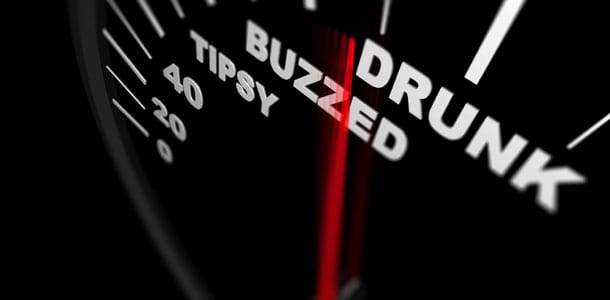
Effective August 1, 2015, it is an aggravating factor to operate a motor vehicle with an alcohol concentration of 0.16 or higher in Minnesota. Prior to August 1, 2015, the limit was 0.20 to be considered an aggravating factor warranting harsher punishment.
Under Minnesota’s Driving While Impaired law, it is illegal to drive, operate, or be in physical control of a motor vehicle while under the influence of alcohol. If a driver’s alcohol concentration at the time (or as measured within two hours of the time) of driving, operating, or being in physical control of the motor vehicle is 0.08 or more, that driver can be charged with criminal DWI. The average first-time DWI charge for a driver with no prior record who has an alcohol concentration of 0.08 or more will usually be charged with misdemeanor Fourth Degree DWI unless “aggravating factors” are present. “Aggravating factors” include:
- Having a qualified prior impaired driving incident within the 10 years immediately preceding the current offense.
- Having an alcohol concentration of 0.20 or more as measured at the time, or within two hours of the time, of the offense.
- Having a child under the age of 16 in the vehicle at the time of the offense if the child is more than 36 months younger than the offender.
The Minnesota Legislature changed the second aggravating factor from 0.20 to 0.16 for the alcohol concentration threshold to make DWI offenses carry greater punishment. If a driver has one (or more) aggravating factors, he or she will likely face a gross misdemeanor Third Degree DWI or Second Degree DWI, depending on the circumstances.
Minnesota DWI Law and Aggravating Factors Explained
What does this mean in plain language? It is common knowledge that driving in Minnesota with an alcohol concentration of 0.08 or more can get a driver charged with DWI. As a general and commonsense rule, the punishment for a DWI goes up if the driver has prior DWI convictions or if the driver’s alcohol concentration is “very high.” Minnesota previously said that once a driver’s alcohol concentration gets to 0.20, that is considered “very high” and the potential punishment gets harsher. As a means to cut down on drunk driving, Minnesota lowered its definition of “very high” from 0.20 to a 0.16 alcohol concentration. Not only is having an alcohol concentration of 0.16 or more considered an aggravating factor for criminal DWI charges but it also triggers an automatic license revocation for 1 year.
Keyser Law, P.A. is a Minneapolis-based criminal and DWI defense law firm. For questions about Minnesota DWI laws or to schedule a free consultation, call us at (612) 338-5007.





